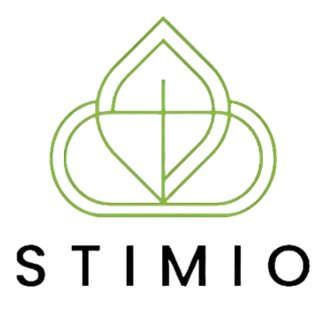The Historical Development of Traditional Chinese Medicine (TCM) for Heart Health
Traditional Chinese Medicine (TCM) has a storied past, with its approaches to heart health evolving through centuries of historical advancements.
Origins and Core Principles of TCM
TCM emerged over 2,000 years ago in China and spread across East Asia, including Vietnam, Japan, and Korea. TCM's foundational principles center on the concept of Qi, the life force that flows through the body. Maintaining a balanced flow of Qi is vital for health, with disruptions believed to cause illness. TCM treatments aim to restore this balance to support overall well-being.
Acupuncture
Acupuncture is a centuries-old practice used extensively in China. This method involves inserting fine needles at specific points on the body, known as acupuncture points, located along meridians, or energy channels. The goal is to harmonize Qi and relieve blockages. In TCM theory, a disrupted Qi flow can lead to disease, while acupuncture aims to restore balance and improve health. Particularly interesting is its use for cardiovascular issues, where it can help boost circulation and regulate blood pressure. Research indicates that acupuncture can stimulate the release of endorphins and other neurochemicals that promote relaxation and reduce inflammation. Many patients report improved quality of life and relaxation after treatments. However, the scientific community remains divided, as study results vary, and further research is needed.
Herbal Medicine
Herbal medicine forms a central pillar of TCM, renowned for its diversity and complexity. Herbs are not used in isolation but rather as formulas composed of multiple ingredients. These are tailored to individual patients based on a comprehensive diagnosis that considers both physical and emotional factors, aiming to rebalance Yin and Yang. Ginseng, for instance, is a well-known herb used to strengthen the heart and enhance endurance. Dan Shen (red sage) is also commonly used to improve circulation and prevent blood clots. Although many individuals find these herbs effective, scientific evidence is limited. The active ingredients are not always clearly identified, and product quality may vary. Nevertheless, herbal medicine remains a valued part of TCM and is appreciated worldwide.
Curiosities
The world of TCM is full of intriguing and unique aspects. One fascinating curiosity lies in the historical development of TCM. Initially, theories were based on mystical and spiritual beliefs, with illnesses often attributed to demonic influences or moral failings. Over the centuries, TCM has evolved, integrating both traditional and modern medical insights. Another notable aspect is the institutionalized role of TCM in China, where it is a fully recognized part of the healthcare system. In Chinese hospitals, Western medicine doctors often work alongside TCM practitioners, providing patients with holistic care. This collaboration underscores TCM's deep cultural roots in China.
Conclusion
In summary, TCM offers fascinating alternatives for promoting cardiovascular health, with approaches like acupuncture and herbal medicine. Despite challenges related to scientific validation, TCM remains a respected and inspiring tradition, supporting individuals worldwide.

